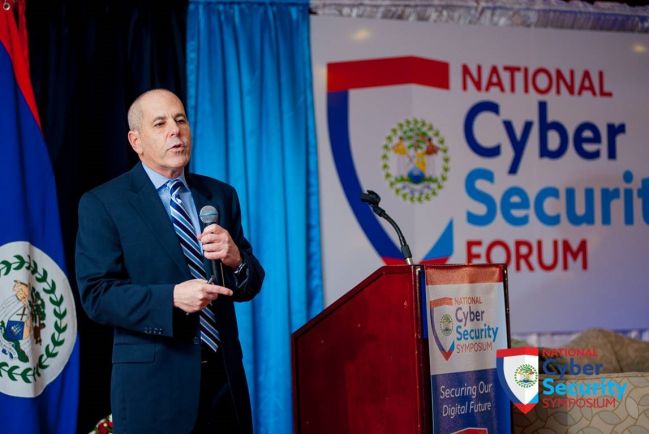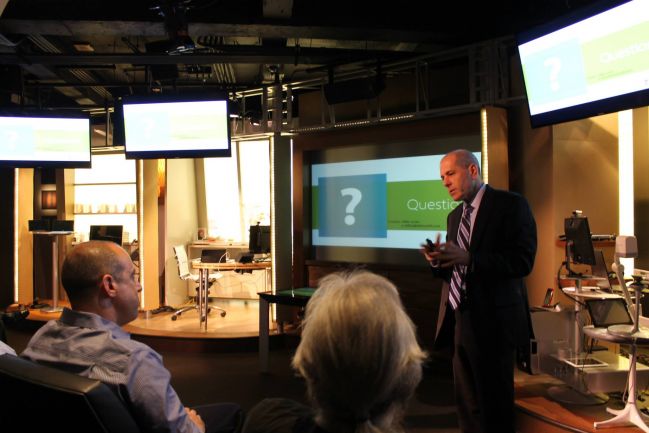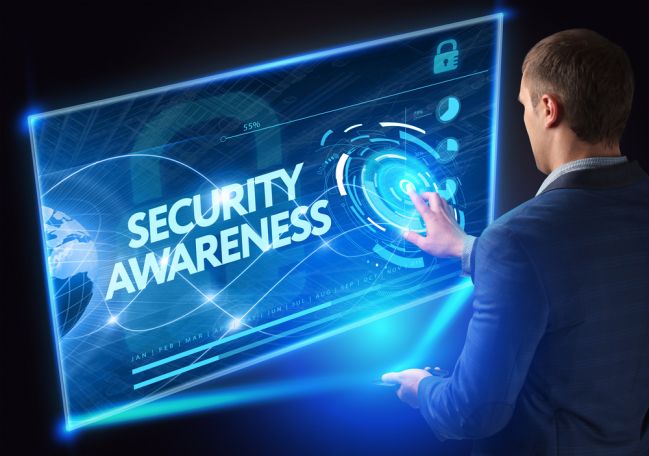

The London Attack and Security Awareness When Traveling
This weekend the World suffered another terrorist attack. Our support and solidarity goes out to the citizens of the U.K. and the victims of this senseless crime.
I had two friends that were in London this weekend and luckily both are safe. They both posted on Facebook that they were safe and not involved in the attack. It occurred to me that social media has now turned into our main tool to communicate to your family and friends in incidents of this nature.
In our business at the Center for Information Security Awareness (www.cfisa.org) we provide in-person security awareness training for businesses on this important subject.
CFISA put together some basic recommendations and best practices for security awareness training and education when traveling.






